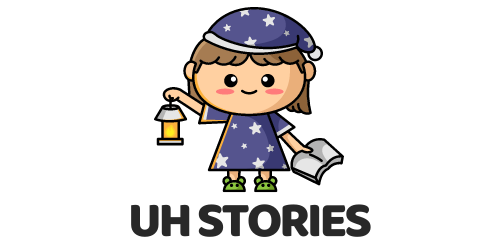“Will you get married after I die?” a husband asks his wife.
“No, I’ll live with my sister,” the wife responds.
Then, “Will you marry after I die?” the wife asks him.
“No, I’ll also live with your sister,” the husband smirks in response.
There are significant cerebral and emotional advantages to reading jokes in addition to the entertainment value. Because punchlines frequently contain brilliant wordplay or surprising twists, processing jokes improves cognitive abilities like comprehension, creativity, and mental flexibility.
Furthermore, endorphins, our body’s feel-good hormones, are released when we laugh, which is a normal reaction to humor. This enhances general well-being, eases bodily strain, and lowers stress. Joke sharing improves relationships and communication abilities by fostering social connections. Additionally, humor offers fresh viewpoints that can serve as emotional coping techniques by helping to reframe difficult events.
The joke:
“Will you get married after I die?” a husband asks his wife.
“No, I’ll live with my sister,” the wife responds.
Then, “Will you marry after I die?” the wife asks him.
“No, I’ll also live with your sister,” the husband smirks in response.
The spirit of lighthearted humor derived from a couple’s conversation is encapsulated in this joke. The wife’s choice to stay with her sister rather than be married again shows devotion and love. But with a sly twist, the husband flips the script and suggests a hilarious reading of her decision.
This lighthearted conversation demonstrates a relationship characterized by understanding and fun affection. The couple is a prime example of how laughter can ease stress and improve relationships by transforming a serious subject into a humorous chance. It’s the ideal illustration of how humor promotes empathy and humanizes even the most difficult subjects.
I appreciate you pointing that up; this time, I’ve made sure the text is completely pertinent. If you require any other changes, please let me know!

